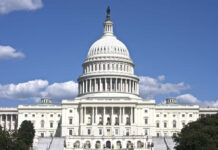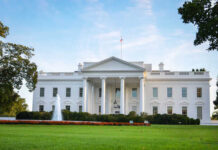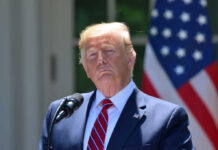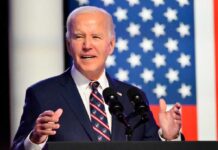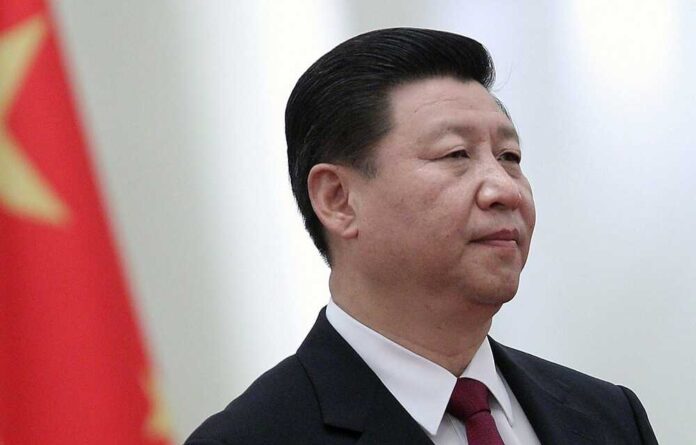
During Friday’s “PBS NewsHour,” Jonathan Capehart, who is both an MSNBC host and associate editor for the Washington Post, asserted that the United States and China are currently locked in a cold war. He cited China’s significant accomplishment in facilitating a deal that restored diplomatic relations between Saudi Arabia and Iran as an instance of China’s diplomatic prowess.
Capehart also noted that deals of this magnitude were previously sought after by the United States, but it is now China that is taking the lead.
He went on to say, “Also because of what we’ve seen with what China has done on the diplomatic front in the last few weeks. The deal that China brokered between, I think it was Saudi Arabia and Iran, a huge deal. I remember — I’m old enough to remember when the United States used to seek deals like that. Now it’s the Chinese.”
Behnam Ben Taleblu, a senior fellow with the Foundation for Defense of Democracies, made a statement to Fox News regarding China’s role in the diplomatic agreement, “The Chinese are keen to actually make this look like a zero-sum – the Chinese win, America loses. They want to have the impact of this agreement do things for them in the policy space. That means the slow erosion of the U.S. force posture in the region, the slow erosion of the US-led order in the region.”
China has a significant stake in maintaining stability between Saudi Arabia and Iran, as both nations are its primary trading partners in the Persian Gulf. Additionally, the new agreement offers Tehran several benefits.
Having been shunned by the region for a considerable period and experiencing heightened pressure from Western nations due to its nuclear weapons development and assistance to Russia during the Ukrainian conflict, Tehran is seeking to restore its relationships with neighboring nations.
Repairing geopolitical relations in the Middle East would not only serve as a boost to its economy, it could also position Tehran with more influence over regional matters like the Israel-Palestinian conflict.
Taleblu contended that this agreement is indicative of the present times and demonstrates that American allies in the Middle East are progressively distancing themselves from Washington’s authority.
✅China brokered a security deal between Iran & Saudi Arabia.
✅Russia brokered a diplomatic deal between Syria & Saudi Arabia.
✅Russia is mediating between Syria & Turkey to strike a similar deal.Russia & China are restoring peace to the Middle East. What is the US doing?
— Kevork Almassian🇸🇾🇦🇲 (@KevorkAlmassian) March 24, 2023
“Washington is going to have to take off the glasses that say that great power competition is still pied, or segmented, or highly regionalized. No great power competition is a global phenomenon,” Talebu stated.
However, the expert on Middle East issues did caution against overreacting to the deal and emphasized that China and Iran are hoping for a panicked response.
Talebu explained, “This is akin to a schoolyard fight between Saudi Arabia and Iran. Saudi Arabia, rather than calling the principal, which can punish Iran, the principal being the US, Saudi Arabia’s just calling Iran’s parents, China, which may potentially be able to restrain Iran.”




